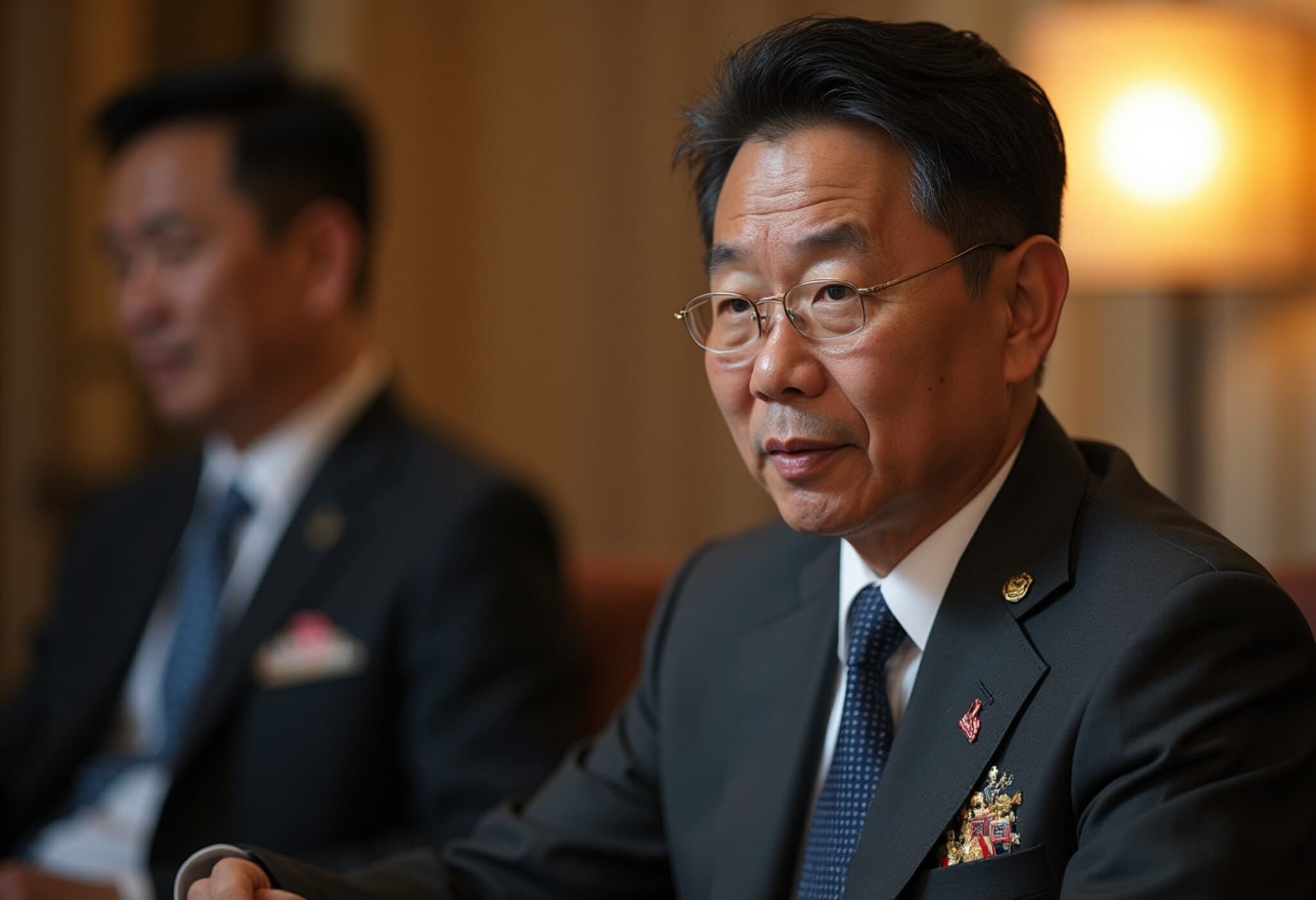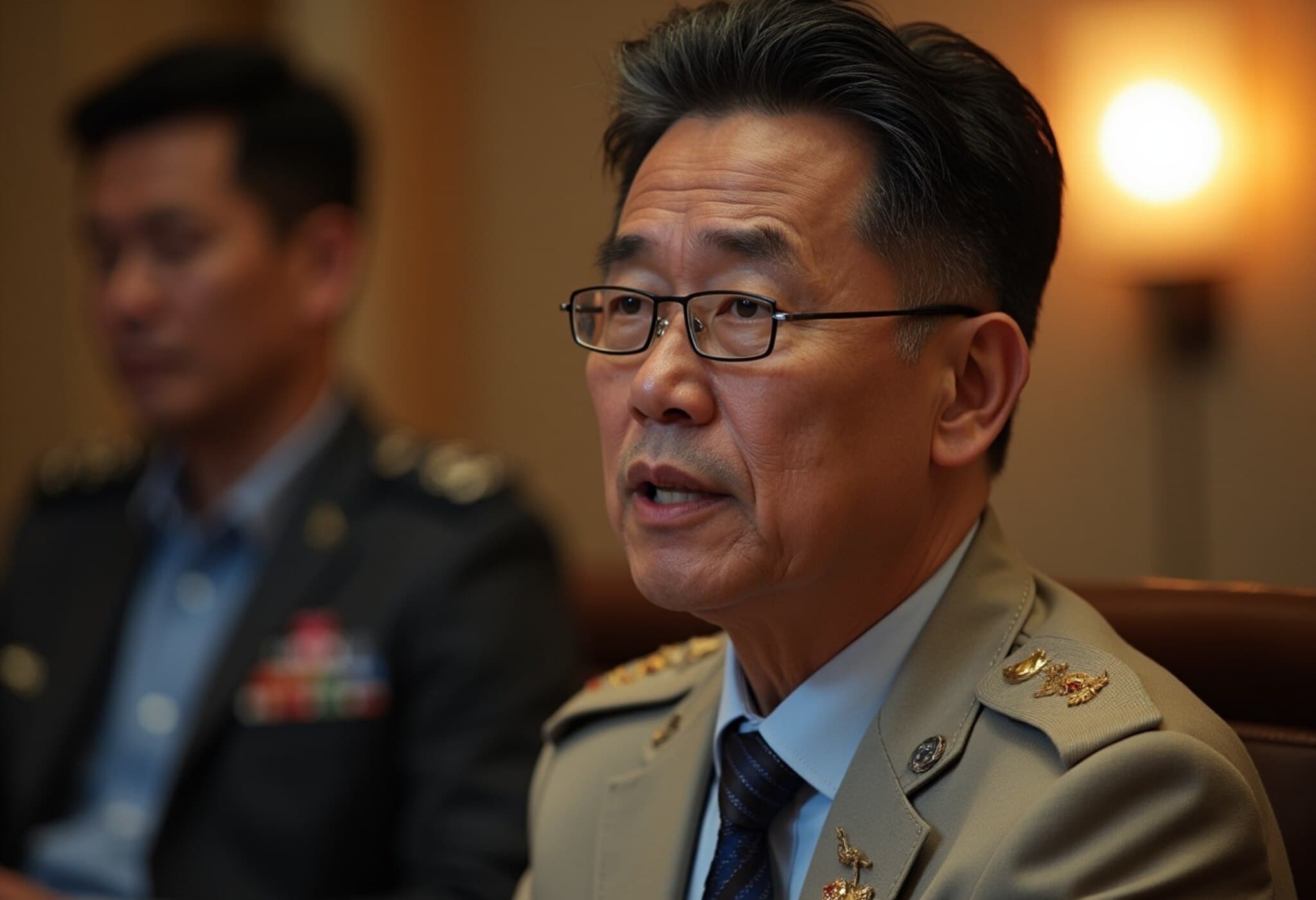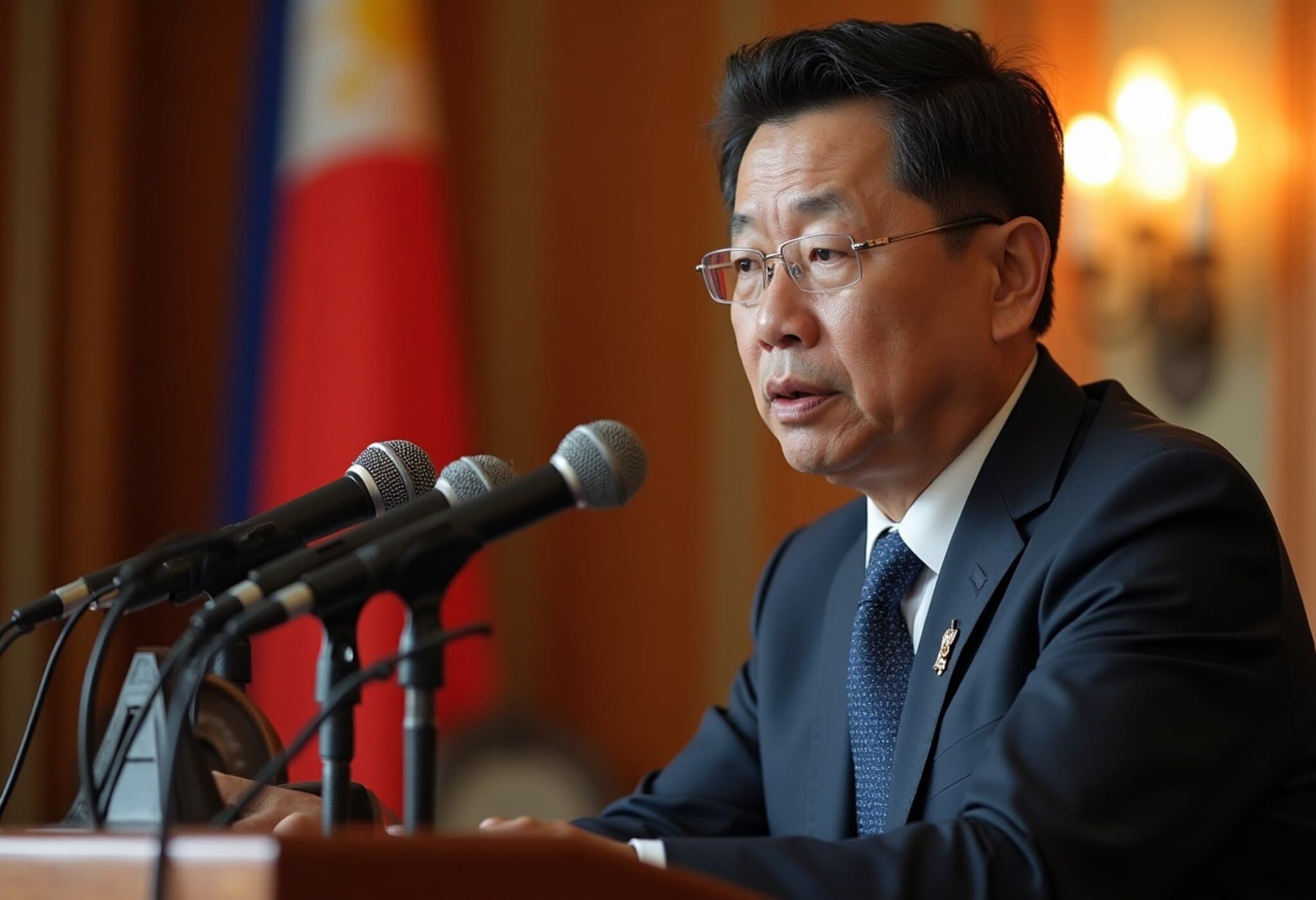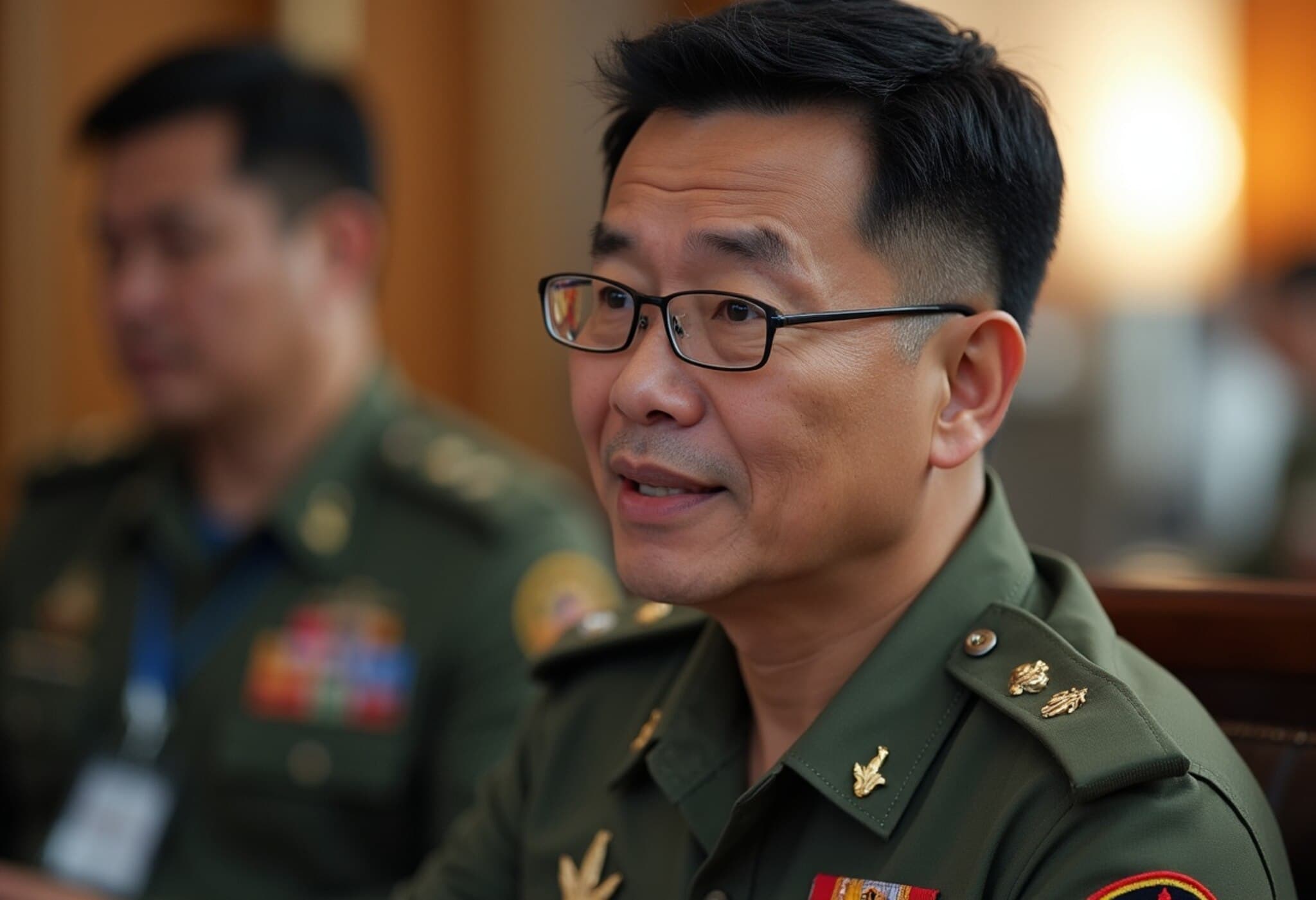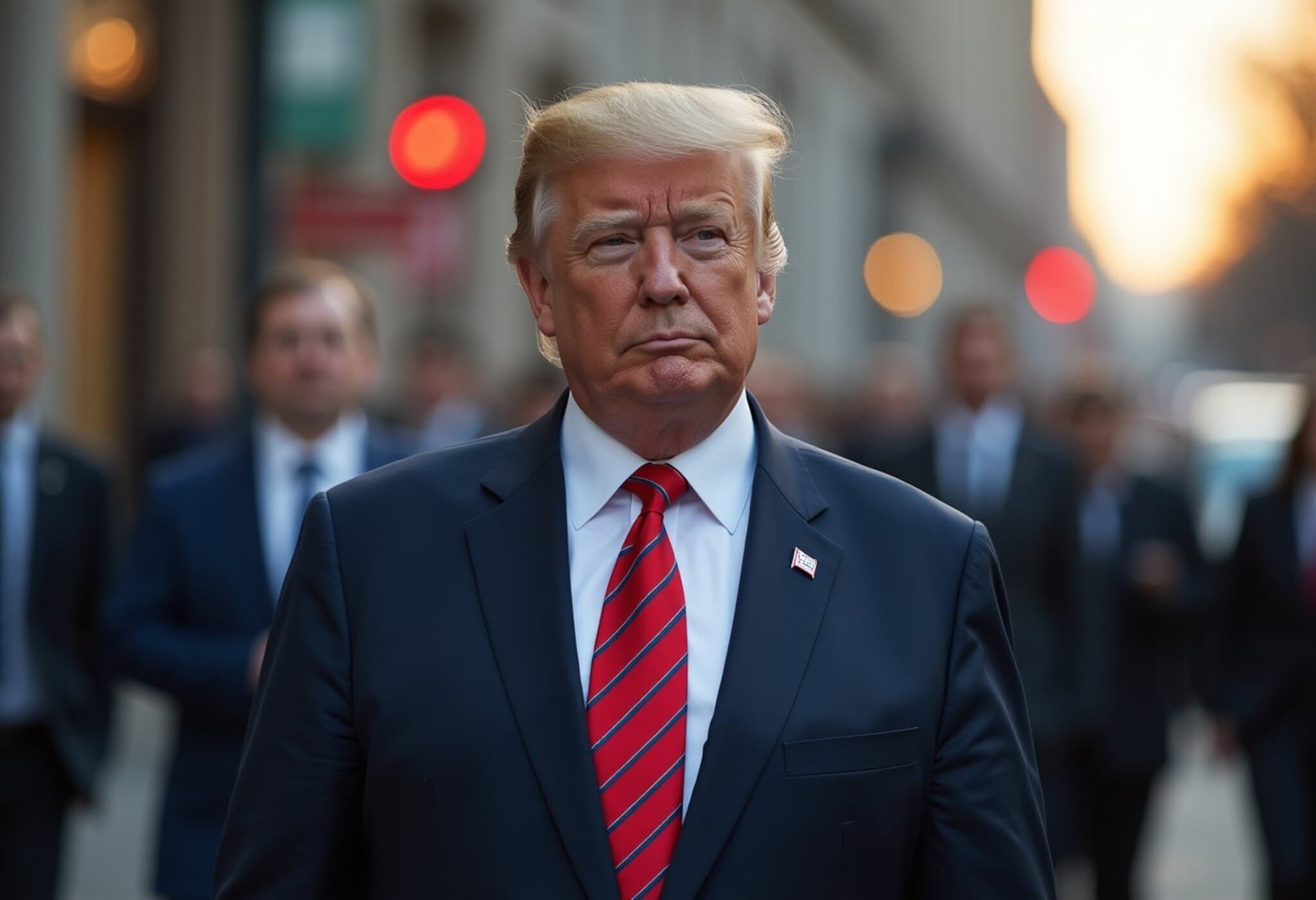Philippines President Marcos Jr Warns of Inescapable Role in Taiwan Conflict
In an exclusive interview during his visit to India, Philippine President Ferdinand “Bongbong” Marcos Jr conveyed a clear and candid message about the nation’s position amid burgeoning tensions in the Taiwan Strait. "If a conflict breaks out, the Philippines cannot stay on the sidelines," Marcos emphasized. He stressed that Manila would inevitably be involved, primarily to protect a substantial Filipino expatriate community residing in Taiwan.
“We will have to go into Taiwan and bring our people home,” Marcos candidly stated, underscoring the human element that amplifies the stakes for the Philippines in this potential flashpoint in the Indo-Pacific region.
Strengthening Strategic Defence Ties with India
Highlighting the importance of strategic alliances, Marcos described his recent meeting with Indian Prime Minister Narendra Modi as "a new beginning, a new phase" in bilateral relations. The partnership between the Philippines and India, he said, is undergoing a significant upgrade, especially in defence cooperation.
Marcos expressed admiration for India’s defence capabilities, particularly lauding the success of Operation Sindoor and the BrahMos missile system. “We contacted our counterparts in India to understand the operational insights, and it’s clear the system performs remarkably well,” he said. Confirming reports, Marcos revealed that the Philippines is moving forward with procuring additional BrahMos missiles, marking a notable step in its capability enhancement.
But the procurement ambitions do not stop there. Marcos indicated that discussions are ongoing for acquiring advanced jets and naval assets, signaling Manila’s intention to bolster its military readiness. However, he was quick to note, “We are not preparing for war. Our upgrades and military exercises are responses to the shifting strategic landscape we face.”
Emphasizing Interoperability and Regional Security
“Military exercises and cross-training are vital for interoperability with our allies and partners,” Marcos said. The approach reflects a broader strategy to coordinate defence capabilities across Southeast Asia and beyond, recognizing that no nation can address security challenges in isolation.
Building a Coalition for Regional Stability
Without naming China explicitly, Marcos underscored the urgent need for a coalition of nations that respect international law and reject unilateral attempts to alter borders. “No single country can stand alone in defending the rules-based order. We need collective resolve and unified action,” he urged.
On the concept of an "Asian NATO," Marcos was pragmatic. While ASEAN remains a pivotal platform, he acknowledged its limitations in addressing all regional challenges. “We welcome India’s growing role in the Indo-Pacific as part of a broader strategy to engage like-minded partners,” he added.
U.S.-Philippines Alliance Remains Ironclad
Marcos expressed confidence in the enduring strength of the U.S.-Philippines security alliance, calling it "ironclad," a phrase popularized by former President Donald Trump. Despite the uncertainties surrounding upcoming U.S. elections, Marcos dismissed concerns that the partnership might waver.
When asked about the possibility of allowing U.S. military access to Philippine bases in a Taiwan crisis scenario, Marcos was clear: “Turning down partners confronting shared challenges is not an option. We are not a puppet; we are a sovereign nation committed to defending our interests.” This statement highlights Manila’s balancing act between asserting independence and engaging in strategic partnerships.
Diplomatic Nuance on China and Regional Stability
While Beijing’s rising assertiveness looms large in regional security dialogues, Marcos sought to strike a diplomatic tone. “We are not against anyone; our goal is to defend our territory,” he explained. Acknowledging China’s clarity about its intentions, Marcos warned against letting territorial disputes overshadow bilateral relations.
“Avoiding a shooting war is paramount. Miscalculations or escalated rhetoric could spark unintended conflict. Maintaining open communication remains essential,” Marcos said, signifying Manila’s desire for stability and dialogue despite underlying tensions.
Global Perspective: Humanitarian Crises and Economic Uncertainty
Breaking briefly from regional security issues, Marcos addressed the humanitarian catastrophe unfolding in Gaza. Calling the situation "unacceptable," he advocated for stronger international measures to reduce suffering. “If weapon supplies diminish, the scale of attacks could drop significantly,” he noted, implicitly urging the major powers to reconsider their roles in enabling conflict.
On the broader global stage, Marcos warned that uncertainty poses grave risks to economic stability. “The worst enemy of the economy is unpredictability. Nations must negotiate diligently and remain agile, especially when engaging giants like the U.S. and China,” he advised, revealing his understanding of the interconnectedness of diplomacy and economic health.
Conclusion
President Marcos Jr’s candid remarks illuminate the Philippines’ evolving role as a key player in Indo-Pacific security dynamics. Caught between great powers, Manila is navigating a delicate path: asserting sovereignty, protecting its people, and fostering strategic ties across the region. His call for coalitions and measured diplomacy serves as a crucial reminder that collective security and dialogue remain our best tools to avert conflict in one of the world’s most sensitive regions.
Editor’s Note:
The Philippines’ stance underscores a wider regional awakening to the profound consequences any Taiwan Strait conflict might unleash. While defense upgrades and coalitions are vital, this moment challenges policymakers globally to balance deterrence with diplomacy. How far will nations go to defend principles without escalating tensions? And what roles will emerging partnerships, like that between Manila and New Delhi, play in shaping the future of Indo-Pacific stability? These are questions we'll be watching closely.

